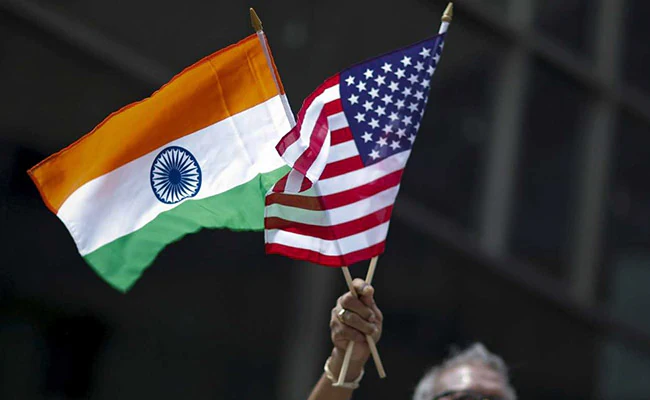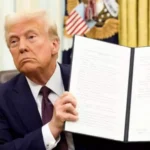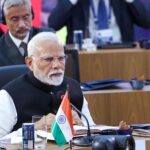
The United States has opted not to intervene or consider sanctions against India amidst ongoing geopolitical tensions involving Canada, Pakistan, and a series of high-profile incidents. During a recent news conference, US State Department spokesperson Matthew Miller addressed queries about the US stance on the alleged involvement of Indian authorities in overseas operations, including the killing of Khalistani activist Hardeep Singh Nijjar in Canada and a murder plot in New York.
Key Points from the US State Department Briefing:
- Sanctions Policy: Matthew Miller emphasized the US policy of not publicly discussing sanctions before they are implemented. He stated, “I am never going to preview any sanctions actions, which is not to say that there are any coming. But when you ask me to talk about sanctions, it’s something that we don’t discuss openly.”
- Non-Intervention Stance: The US has decided not to get involved in what it sees as bilateral issues between India and Pakistan. This approach aligns with the US’s broader strategy of encouraging sovereign nations to resolve disputes independently.
- Encouraging Dialogue: In response to statements by Indian officials about crossing borders to counter-terrorism, Miller reiterated the US position that India and Pakistan should seek peaceful resolutions through dialogue. He discouraged any actions that could lead to escalation and stressed the importance of negotiation.
- Background of Tensions: The queries at the briefing were in context with recent accusations against India related to operations in foreign territories. This includes the alleged assassination of Nijjar in Canada, the thwarted murder plot against Gurpatwant Singh Pannun in New York, and reported extraterritorial actions in Pakistan.
- Indian Defence Policy: In light of the accusations, Indian Defence Minister Rajnath Singh commented on India’s right to defend itself against terrorism, suggesting proactive measures might be taken if necessary. Singh’s assertive stance on national security was highlighted in his response to a report by ‘The Guardian’ about targeted operations in Pakistan post the Pulwama attack.
The US’s response to these developments underscores a delicate balancing act. While advocating for peaceful resolutions, it also shows restraint from commenting on the internal or bilateral matters of other sovereign nations, particularly in complex geopolitical climates. This situation continues to develop as international relations evolve with the changing global security landscape.




































Leave a Reply